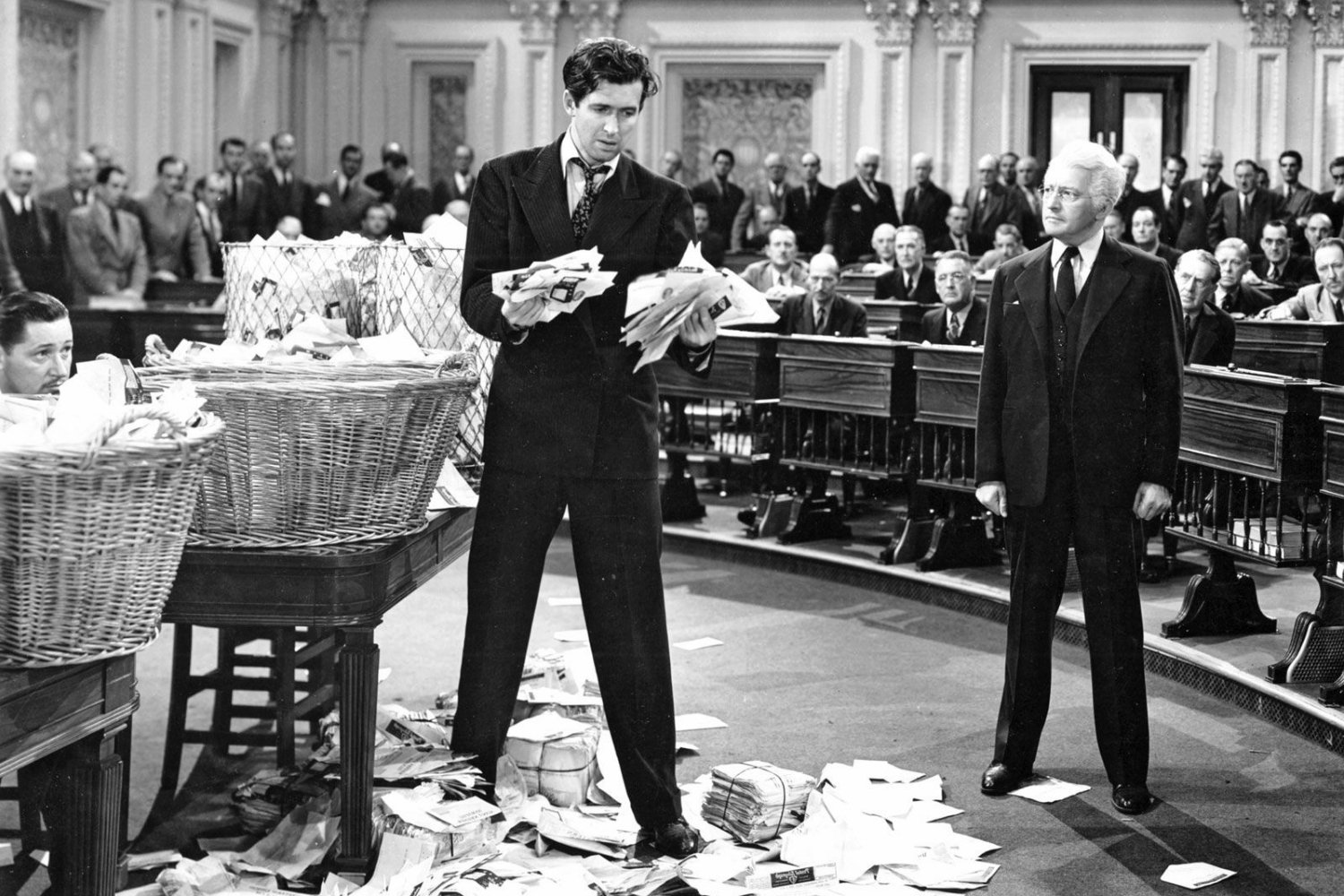
What is the filibuster? The filibuster is a tactic used in the U.S. Senate to delay or block legislative action. Senators can speak for as long as they wish on any topic unless three-fifths of the Senate (usually 60 out of 100 senators) vote to end the debate. This method allows the minority party to extend discussion on a bill, potentially preventing a vote. Why does it matter? The filibuster can significantly impact the passage of laws, making it a powerful tool in American politics. Understanding its role helps explain why some bills take longer to pass or fail altogether.
What is a Filibuster?
A filibuster is a political strategy where a senator speaks for an extended period to delay or block a vote on a proposal. This tactic is often used in the United States Senate to prevent a bill from coming to a vote.
-
Origin of the Term
The word "filibuster" comes from the Dutch word "vrijbuiter," meaning pirate or freebooter. It was first used in the 1850s to describe efforts to hold the Senate floor and delay votes. -
Longest Filibuster in History
Senator Strom Thurmond holds the record for the longest filibuster. In 1957, he spoke for 24 hours and 18 minutes against the Civil Rights Act of 1957.
How Filibusters Work
Filibusters can be complex, involving various rules and strategies. Here’s a closer look at how they function.
-
Talking Filibuster
A senator must continuously speak on the Senate floor to maintain a filibuster. If they stop speaking or leave the floor, the filibuster ends. -
Silent Filibuster
In modern times, senators can signal their intent to filibuster without speaking. This "silent filibuster" can delay legislation without the dramatic speeches. -
Cloture Rule
To end a filibuster, the Senate can invoke cloture. This requires a three-fifths majority, or 60 out of 100 senators, to vote in favor of ending the debate.
Impact on Legislation
Filibusters can significantly influence the legislative process, often stalling or altering bills.
-
Minority Power
Filibusters give the minority party in the Senate significant power to influence or block legislation, ensuring their voices are heard. -
Compromise and Negotiation
The threat of a filibuster often forces senators to negotiate and compromise, leading to more bipartisan legislation.
Famous Filibusters
Throughout history, several notable filibusters have shaped U.S. politics.
-
Civil Rights Act of 1964
Senators opposed to the Civil Rights Act of 1964 used a filibuster to delay its passage. The filibuster lasted 60 days before cloture was invoked. -
Rand Paul's 2013 Filibuster
Senator Rand Paul conducted a nearly 13-hour filibuster in 2013 to protest drone strikes and the nomination of John Brennan as CIA Director.
Filibuster Reforms
There have been various efforts to reform or eliminate the filibuster due to its controversial nature.
- Nuclear Option
The "nuclear option" allows the Senate to override a rule or precedent by a simple majority. This has been used to reduce the number of votes needed to end a filibuster on certain nominations.
The Filibuster's Impact
The filibuster has shaped American politics in ways both big and small. It’s a tool that can either protect minority rights or stall progress, depending on your viewpoint. Its use has evolved, from lengthy speeches to the mere threat of one, changing how the Senate operates. Some argue it ensures thorough debate, while others believe it hampers legislative efficiency.
Understanding the filibuster helps us grasp why certain laws take forever to pass or why some never see the light of day. It’s a double-edged sword, balancing power but also creating gridlock. Whether you see it as a guardian of democracy or a barrier to progress, the filibuster remains a powerful force in American governance.
Knowing these facts gives you a clearer picture of how the Senate works and why the filibuster continues to be a hot topic in political discussions.
Was this page helpful?
Our commitment to delivering trustworthy and engaging content is at the heart of what we do. Each fact on our site is contributed by real users like you, bringing a wealth of diverse insights and information. To ensure the highest standards of accuracy and reliability, our dedicated editors meticulously review each submission. This process guarantees that the facts we share are not only fascinating but also credible. Trust in our commitment to quality and authenticity as you explore and learn with us.
